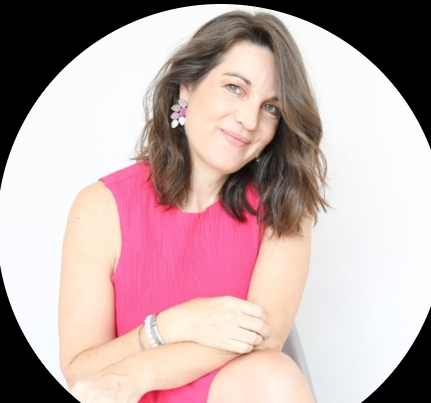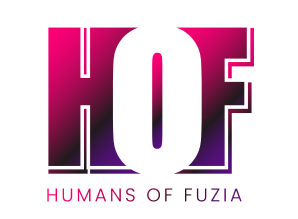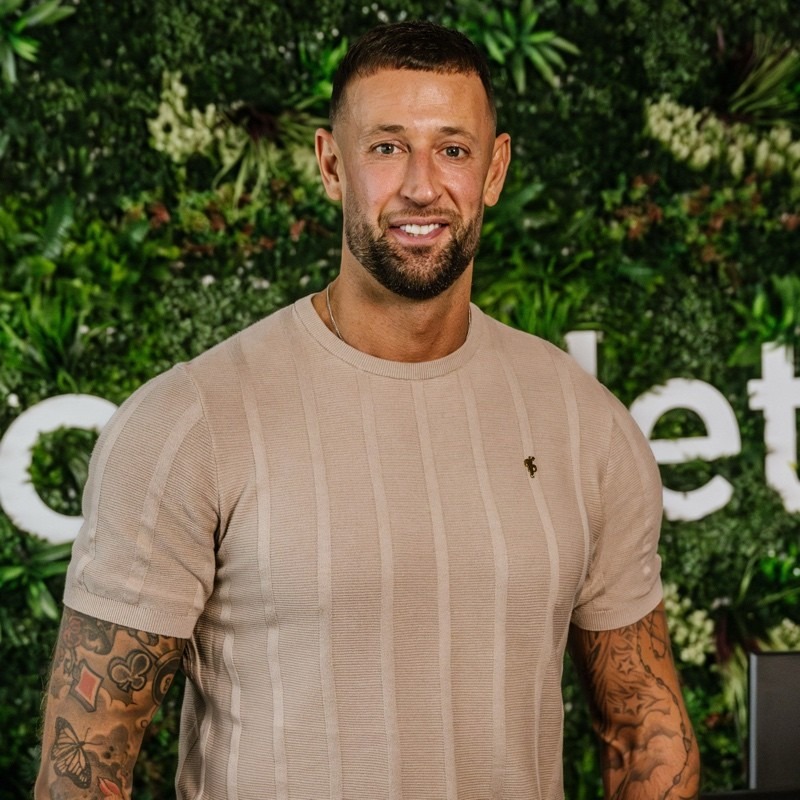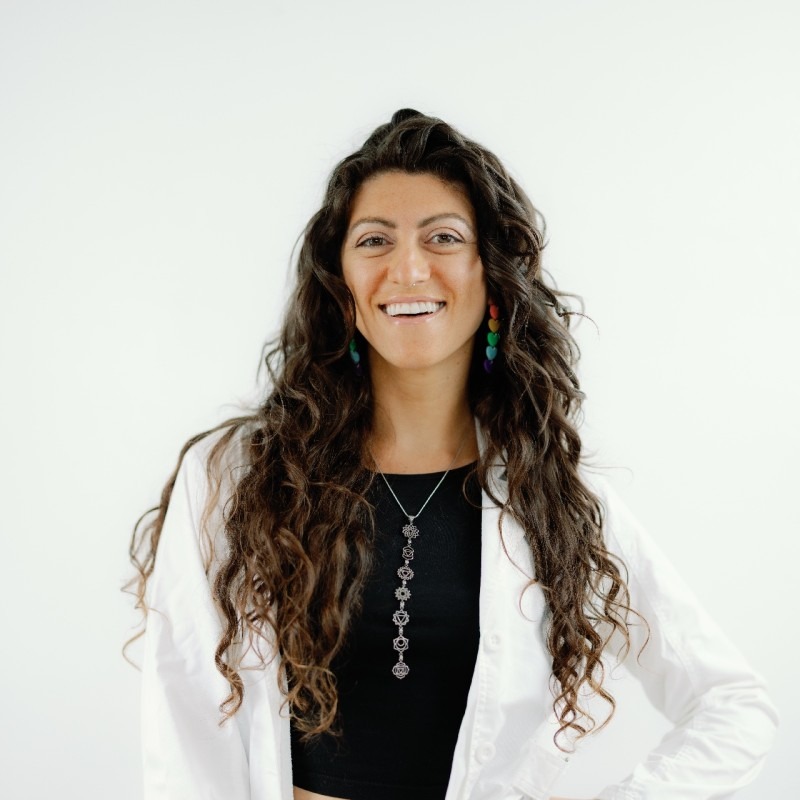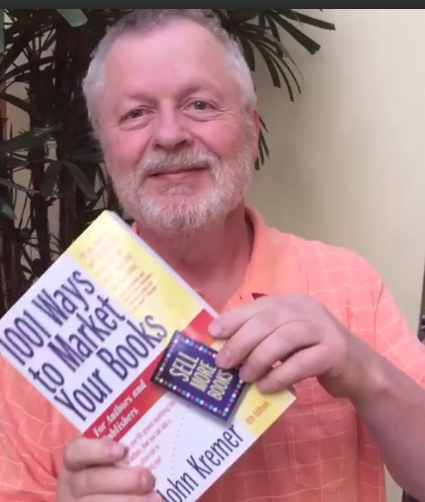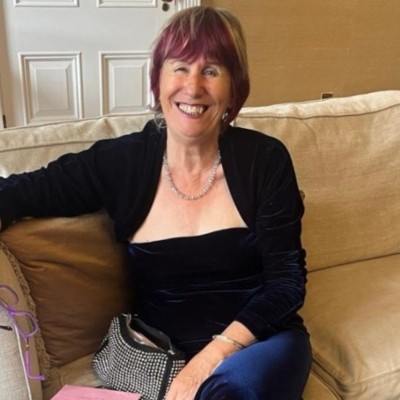Hugo is a Startup Founder, CEO, and people connector, who loves ideating and implementing projects he co-creates.
He tells us that, “I discovered hackathons through the lens of bringing impact, equality, and support to others. Loved it. And decided to make it a business, which didn’t come as easily as planned.
It is working out, in the end, thanks to my team – some of the best people I’ve worked with who joined me a few months ago: Simon Coombe and Katelyn Hertel, Mia Rakotoson and Tony Rasolofoarimanana, Simran Kaur and Ashwini Venkatraman, Izzy Church and Kevin Mankovich, Anshul Upadhyay and Chaitanya Setti, Francois Scharffe and Thomas Deely.”
What were your initial years of growing up like? Tell us about your life before starting your corporate journey/venture/initiative.
I traveled a bit around the world, following my Parents to countries like Madagascar, Jordan, and a few more, before we came back to France. That’s when things got a bit harder for me, actually.
Ironically, I went through my first cultural adjustment when we came back! I had to learn how to fit in with people who were speaking my language, but were acting in slightly different ways from the other communities I had crossed in other countries – French expats or local friends. There was much more aggressivity in France, and mocking. The French have great cultural aspects, but they seem to value rationality way more than social skills at schools – at least they did in the 90’s but I’ve heard recently that things are changing. That focus on rationality brings up great critical mindsets and engineers, but the lack of social/behavioral components in education may contribute to a rather unwelcoming and aggressive culture. It’s convenient that we have good food to bond and balance it out!
Joke aside, that cultural journey prepared the ground, I believe, for my current endeavors as a startup founder, in a field that enables others, and fosters co-creation, innovation, access to others, and mutual support.
Was there any turning point in your life that changed your journey? If so, what was it? Please tell us the backstory behind it.
Many turning points changed my journey and turned me, no pun intended, into an explorer – connector – builder.
Initial travels, as described in your previous question, and those that followed, as I moved many times in France, Europe, and the US, made me somewhat of an explorer.
I had to meet many new people, and wasn’t very successful at it since I used to be an introvert; this has changed a lot over the past two decades; and I am now a network and people connector.
At university, I was lucky to be able to take my time and study law, then Geography and History, then Political Sciences and Corporate Strategy: these educative peregrinations showed me that I needed to finish what I had begun, and as a result, that I needed to get much at implementing while having fun. And the way to do that was by working with others better. It’s my approach to startup building, and that’s why I believe I’m a builder.
Every industry that is now a large-scale, top-notch business once started as a small idea in the minds of entrepreneurs. What was that idea or motivation that made you start your business /initiative? What motivated you within to say “YES, go for it!”
I was creative and ambitious, probably due to role models and education, and it led me very early to think about what I could do by myself to change the world. I created a nonprofit for Political Sciences in Madagascar, then tried a few things for Talent Acquisition.
Tell us something about your initiative or current role. What is it about, and what impact are you trying to make?
In my current initiative, GenHax.com, I am enabling people and companies to grow better in times of AI. Today, due to immediate access to information in an intelligible way, AI is transforming the knowledge economy into a creative economy, where it’s human creativity that’s going to be the key differentiation.
People need ways to learn all life long, to show their actual and unbiased achievements, and to collaborate with others. Businesses need to innovate in more structured ways, and they need to leverage creative people more than ever.
Based on this shift, I’m leveraging a process that enables all this, called hackathons. And our team transforms this process into a backend platform for running hacks and many frontend vertical apps leveraging hacks for their specific purpose. Altogether, the result is a new kind of marketplace that enables people and businesses to solve any kind of challenges as long as human collaboration can solve it. And in turn, it enables anyone or any entity to grow, at any stage of maturity.
Everyone has their own set of challenges when starting an entrepreneurial journey. Still, the most essential part for others to learn is how you deal with those. Would you like to share with us your challenges and your coping mechanisms?
Our challenges are the same as any business: aligning and accelerating product, clients and operational delivery, all at the same time. I always begin with clients, before the product, so that it’s the expectations of the first clients that guides the way I’m building my product. As I’m talking to my first potential client, I’m conceptualizing and co-creating – just like during a hackathon. Co-creating is the best way to create partnerships, and that’s what you need with your first clients. So beginning a product by hacking it is one of the most proven ways to start lean and successful. Then it’s about pitching, delivering successfully and, in the end of the product process, looping feedback in the product effectively to make progress and scale in a repeatable, uncopyable way.
Easier said than done… I made many mistakes in my past ventures, but it looks like things are going in the right direction with this one!
While the global pandemic of COVID-19 is associated primarily with adversities, it has also brought about a true boom in startups, with successful entrepreneurship in many countries. The pandemic has impacted all of us in one way or another. Would you like to share your experience on a personal and professional level?
The pandemic coincided with a lot of changes for me. I quit my job, changed houses, began a new startup that failed but paved the way for GenHax, had a baby, and got into creative aspects of work like furniture building, writing, and guitar – and a lot more sport than before. As much as I had time to experiment all this, it was generally a very hard experience for me.
Your journey and your vision are very inspiring, but are there any achievements or accomplishments you would like to mention?
My professional achievements of note include: being accepted to a reputed school for political sciences, winning a contest for expert with the French Government Export Counselors, leading a nonprofit for political sciences in Madagascar which didn’t have political sciences education at the time, getting a job in a SaaS company in the US for corporate Strategy, and failing multiple times at founding a startup but always trying again, listening to the voices behind the MeToo movement and BLM and implementing supportive programs as an ally, and supporting 30+ nonprofit tech challenges through my first hackathon-focused startup, Equalithon. My personal achievements are mostly my 2 boys!
Would you like to share with our young budding women entrepreneurs the change you would like to see in the world if given an opportunity?
I believe in an education system that brings up a critical mindset in society, and in widespread access to basic healthcare that brings up equality for life rights. With these two things combined, we should get more sustainable economic opportunities, and more inclusion, access to economic opportunities, purpose, creativity, and equality among us. In turn, that should lead to less violence and more happiness – and close the loop with the beginning.
What’s the most important thing you’ve learned in your personal life and professional journey? What is your personal motto in life?
Focus on people’s happiness. Begin around you, then try expanding your impact. It can be in your personal life or in the value you’re bringing through business. With this mindset, you will bring more happiness than harm around you, you will be yourself happier, and luck or karma will improve. I cannot count how many times people have told me I’m lucky – but when you look at my situation and journey here, by the facts and the numbers, many people would not have wanted my life. It’s just a way to be positive, or to tell things in fun or positive ways. I help myself by helping others and that brings some opportunities my way. Then, how I share these opportunities with others and communicate about them is also important.
It’s just the same principle as economic opportunities and redistribution. Focusing on people’s happiness is what’s important for everyone, and it reduces issues and barriers among us. Everything is easier when we’re happy. It will statistically bring you great outcomes to make others happy… So why not believe that humans are good and deserve happiness? And why not act for it?
Women are a growing force in the workplaces worldwide, standing shoulder to shoulder with their male counterparts. There are cracks in glass ceilings everywhere, with many women breaking through to carve out a space right at the top of the pyramid. What are your thoughts about women’s leadership today?
I believe that we’re changing, but that change is too slow. Women leaders are showing up every now and then at large companies. They are doing great. The structuration of mentoring communities will help propel more in the future. Men should also be mentored by women, so that role models include female guidance for men: when men hear more stories about men being promoted and supported by women mentors and sponsors, women leadership will become a new normal.
Another impact of these mentoring communities is the ability for women to speak together and share well paid job opportunities. Indeed, a few years back, 2 surveys could be compared to show the path to a solution. The first survey showed that having kids statistically meant -10% salary pre kid on a salary growth curve for women compared to men at comparable jobs – but the second survey showed that women networking would have substantially more chances to be promoted by 10% during the next year. In the end, mentoring communities should foster networking opportunities. And I tie back to co-creating, which is one of the best ways to network while building something together: I would recommend communities to implement hackathons as a way to bond their members and offer them better job opportunities.
With your grit and determination, you are making a considerable impact, breaking through, and serving as role models for many budding entrepreneurs. What would you want to say to our young women leaders/audience reading this?
If you are an entrepreneur, listen to people who give you constructive feedback. It can be negative, but it needs to be constructive. Try to co-create with people who give you that constructive feedback: they also might like to build and co-create. Don’t listen to the pure nay-sayers – with them, nod silently and move on. Everything is possible!




